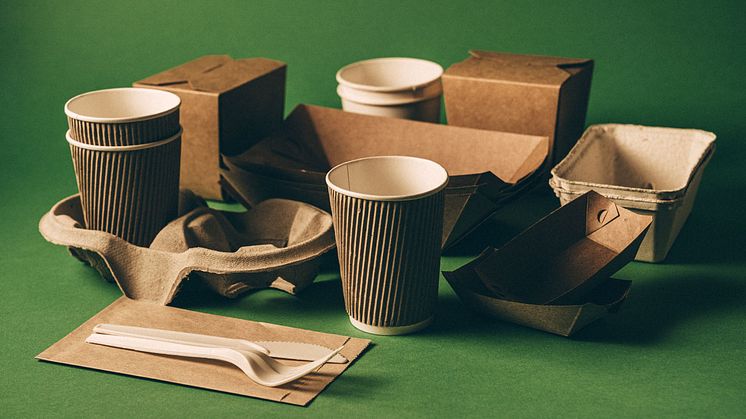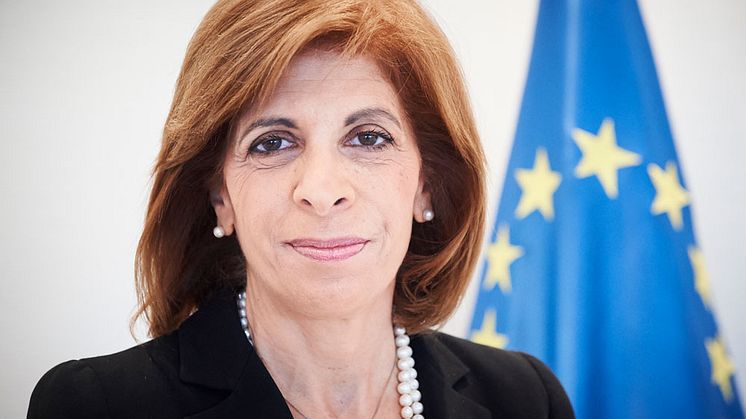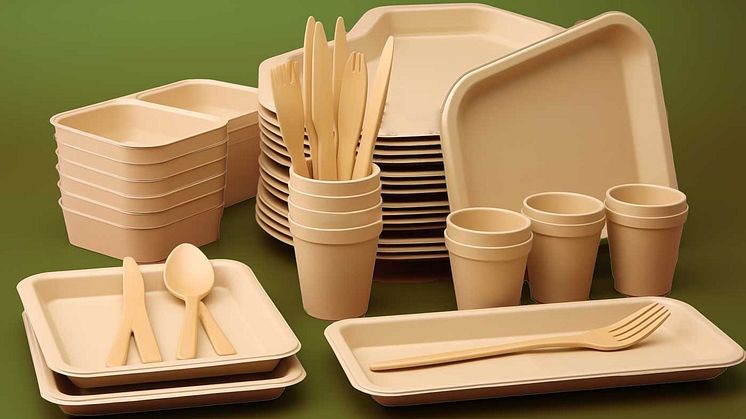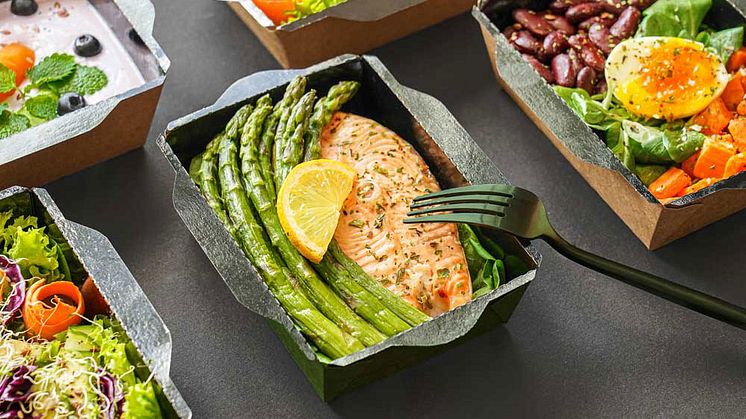
Press release -
European Commission to revise European Food Contact Material regulations
European Commission assures ongoing preparatory efforts toward revising European Food Contact Material regulations to enhance consumer information, including labeling requirements and stricter rules on substance migration into food.
Recent studies conducted by three Coeliac Societies revealed a concerning issue: gluten migration from biodegradable containers into packaged or loose food items, surpassing the permissible gluten threshold.
With no existing regulations mandating the labeling of allergens on FCMs in Europe, consumers, particularly those with coeliac disease, face challenges in identifying potentially harmful materials.
The European Circular Economy Action Plan
The European Union has set a goal to become climate-neutral by 2050. One building stone on the path to this goal is the Circular Economy Action Plan which was adopted by the European Commission in March 2020.
The action plan targets how products are designed, promotes circular economy processes, encourages sustainable consumption, and aims to ensure that waste is prevented and the resources used are kept in the EU economy for as long as possible.
As a consequence, food supply chain companies are exploring Food Contact Materials not manufactured in plastic, instead opting for components of plant origin, some of which contain gluten.
Tests show that gluten can migrate from packages and utensils to food
Tests conducted by the Dutch, Spanish, and Italian Coeliac Societies demonstrate that gluten can migrate from biodegradable containers into packaged or loose food. Presently, Europe lacks clear rules for labeling FCMs for allergens, posing challenges for consumers to identify the materials used.
In the most recent Italian study, gluten levels exceeding 80 mg/kg were found in previously gluten-free lasagna after heating the packaged food in an oven. This surpasses the legislated limit for gluten-free food in Europe, currently set at 20 mg/kg.
Question about Food Contact Materials containing gluten to the European Commission
In response to concerns about Food Contact Materials containing gluten, the Italian Coeliac Organization queried the European Commission in November 2023. They asked whether the Commission is aware of gluten migration from FCMs into gluten-free food and whether it believes it should be compulsory to label allergens on FCMs.
The European Commission answers
In December 2023, European Commissioner for Health and Food Safety, Ms. Stella Kyriakides, acknowledged the Commission's awareness of changes in FCMs due to EU environmental goals. She stated that preparatory work is underway for revising EU rules on FCMs, aiming to improve consumer information requirements, including labeling, and providing more specific rules on substance migration into food.
Ms. Kyriakides emphasized that all food contact materials must comply with EU regulations, ensuring they do not transfer constituents to food that could endanger human health.
What are Food Contact Materials (FCM)
FCM includes:
- Packaging materials (e.g., wraps, containers etc.).
- Utensils (e.g., straws, spoons, knives etc.).
- Processing equipment (e.g., tanks, conveyor belts etc.).
Related links
Topics
Categories
The Association of European Coeliac Societies (AOECS) is an independent, non-profit umbrella organisation of over 40 member and affiliated National Coeliac Societies. Together with our members, we represent people affected by coeliac disease or dermatitis herpetiformis across Europe and beyond.
We are involved in several international initiatives to raise awareness of coeliac disease, gluten free diets, and encourage research into coeliac disease early diagnosis, patient’s quality of life and cure.





